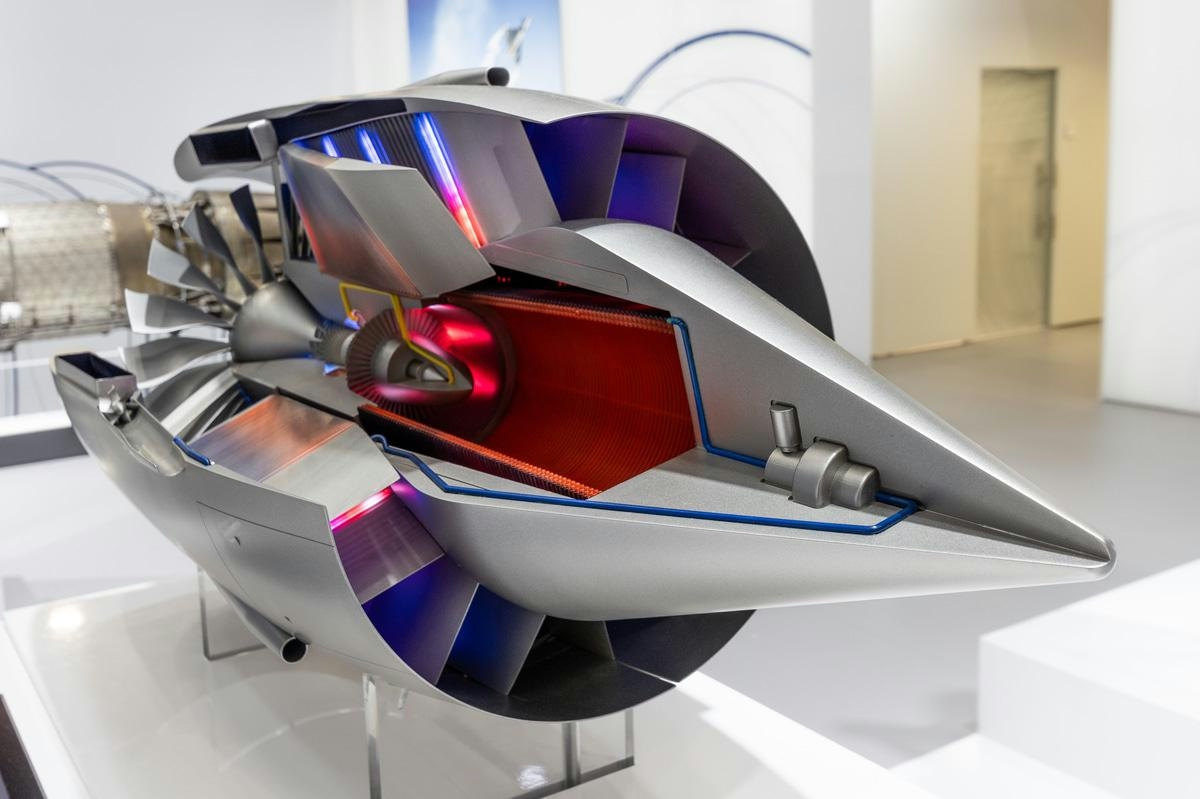
Smarter email, faster business.
Trending
Air India Boeing 787 Dreamliner Involved in First Fatal Crash in 14 Years
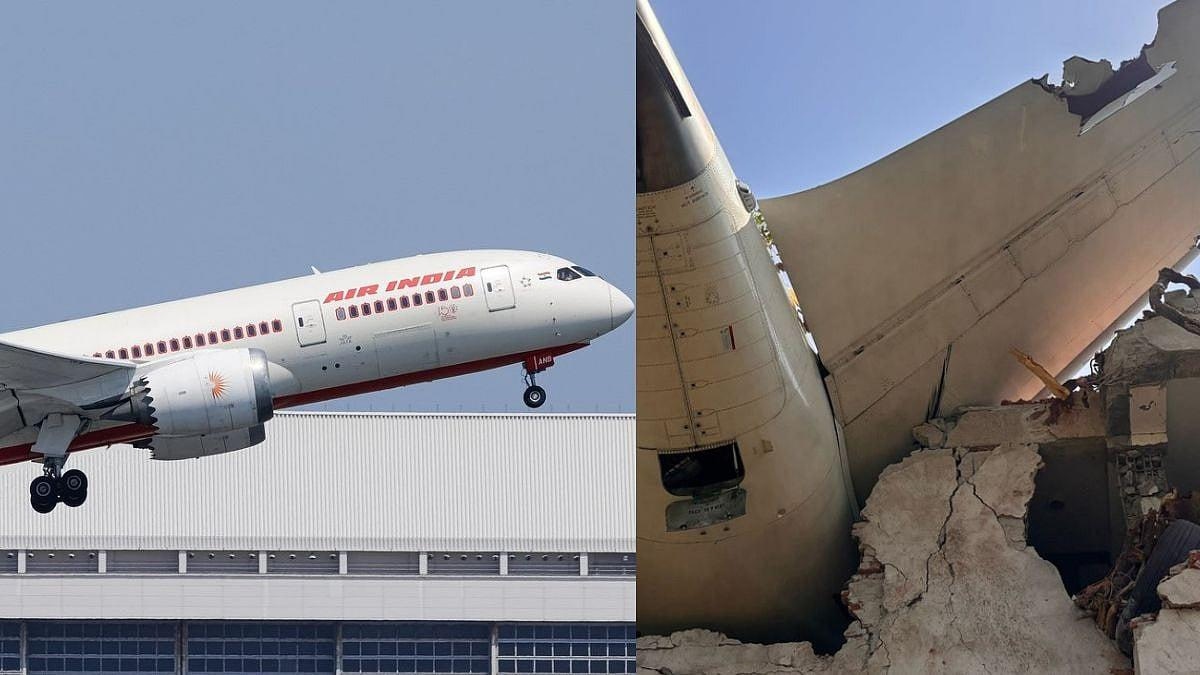
Air India Boeing 787 Dreamliner Involved in First Fatal Crash in 14 Years
The aviation sector has been shaken by the first fatal crash involving a Boeing 787 Dreamliner in 14 years, with an Air India aircraft at the center of the tragedy. This incident represents a significant setback for Boeing, which has been striving to recover from a series of safety crises, and for the Indian aviation industry, which has been rapidly expanding and modernizing in recent years.
Impact on Boeing and the Aviation Industry
The crash has intensified scrutiny of Boeing’s safety record, undermining the progress the company had made in restoring investor confidence. Following the news, Boeing’s stock experienced a notable decline, reflecting widespread concerns about ongoing quality control issues and the potential repercussions for future aircraft orders. This event complicates Boeing’s efforts to move beyond a string of high-profile safety lapses that have cast a long shadow over the manufacturer’s reputation.
For Air India, the crash presents a formidable challenge to its strategic goals of fleet modernization and service enhancement. The airline now faces increased regulatory and public examination at a critical juncture in its transformation. Moreover, the incident threatens to dampen the momentum of India’s burgeoning aviation sector, which has been positioning itself as a key player in the global market amid rising demand for air travel. Industry analysts caution that the fallout could affect passenger confidence and lead to more stringent regulatory oversight across Indian carriers.
Broader Context and Ongoing Investigation
This tragedy unfolds against a backdrop of rapid technological advancement in aviation and related fields. While innovations such as AI-powered smart glasses symbolize progress in Silicon Valley and beyond, the aviation industry remains under pressure to ensure that safety standards keep pace with technological developments. Boeing’s persistent quality challenges stand in stark contrast to the optimism surrounding emerging technologies, underscoring the vital importance of reliability and trust in an industry where human lives are at stake.
The investigation into the cause of the Air India crash is still underway, but the incident has already reignited debates over aircraft manufacturing standards and regulatory frameworks. Both Boeing and Air India face the urgent task of rebuilding public trust amid heightened scrutiny. The outcome of this process will not only influence the future of these companies but may also shape the trajectory of India’s aviation ambitions and the global perception of aircraft safety standards.
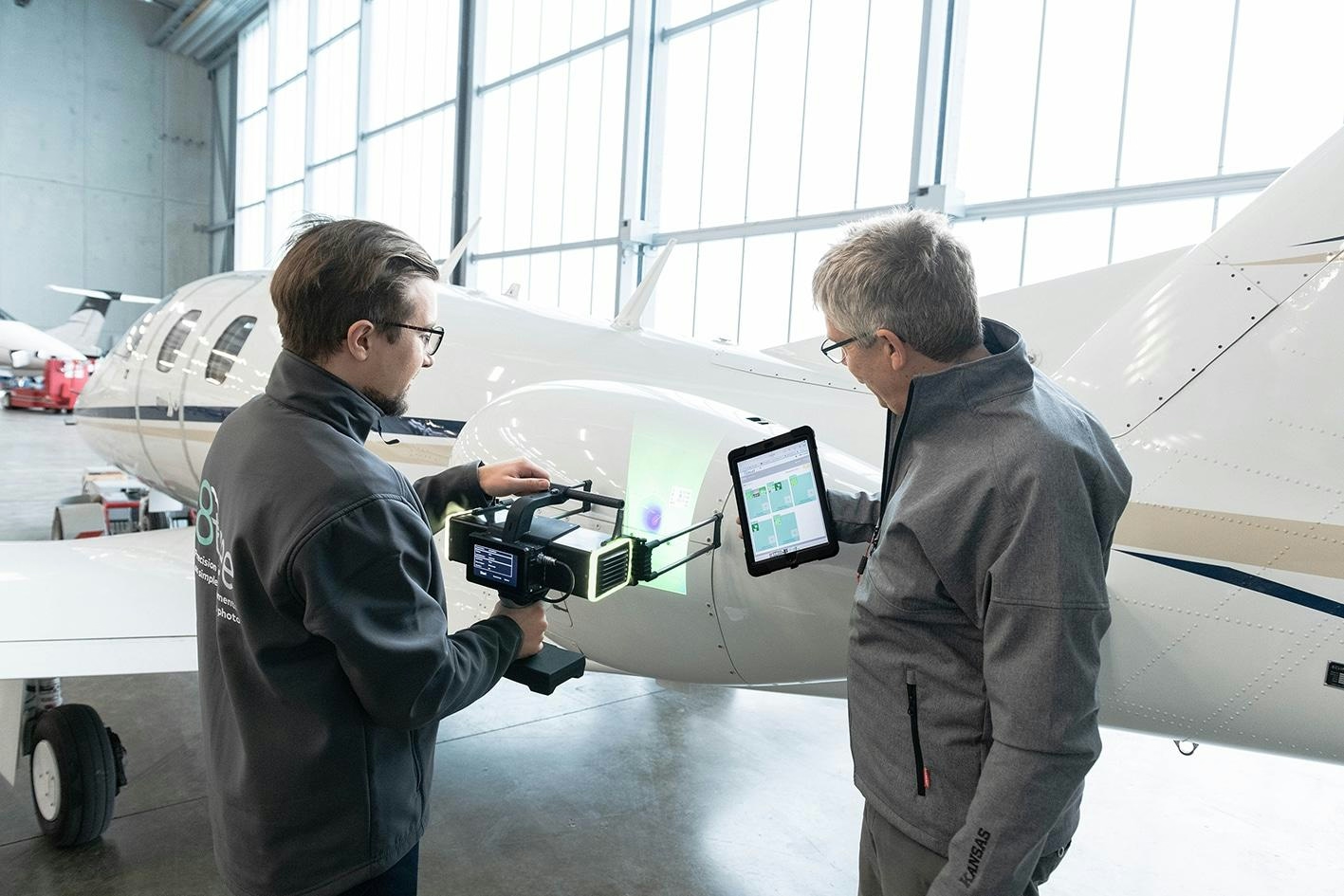
Vueling Airlines and Commercial Jet Adopt dentCHECK Technology from 8tree
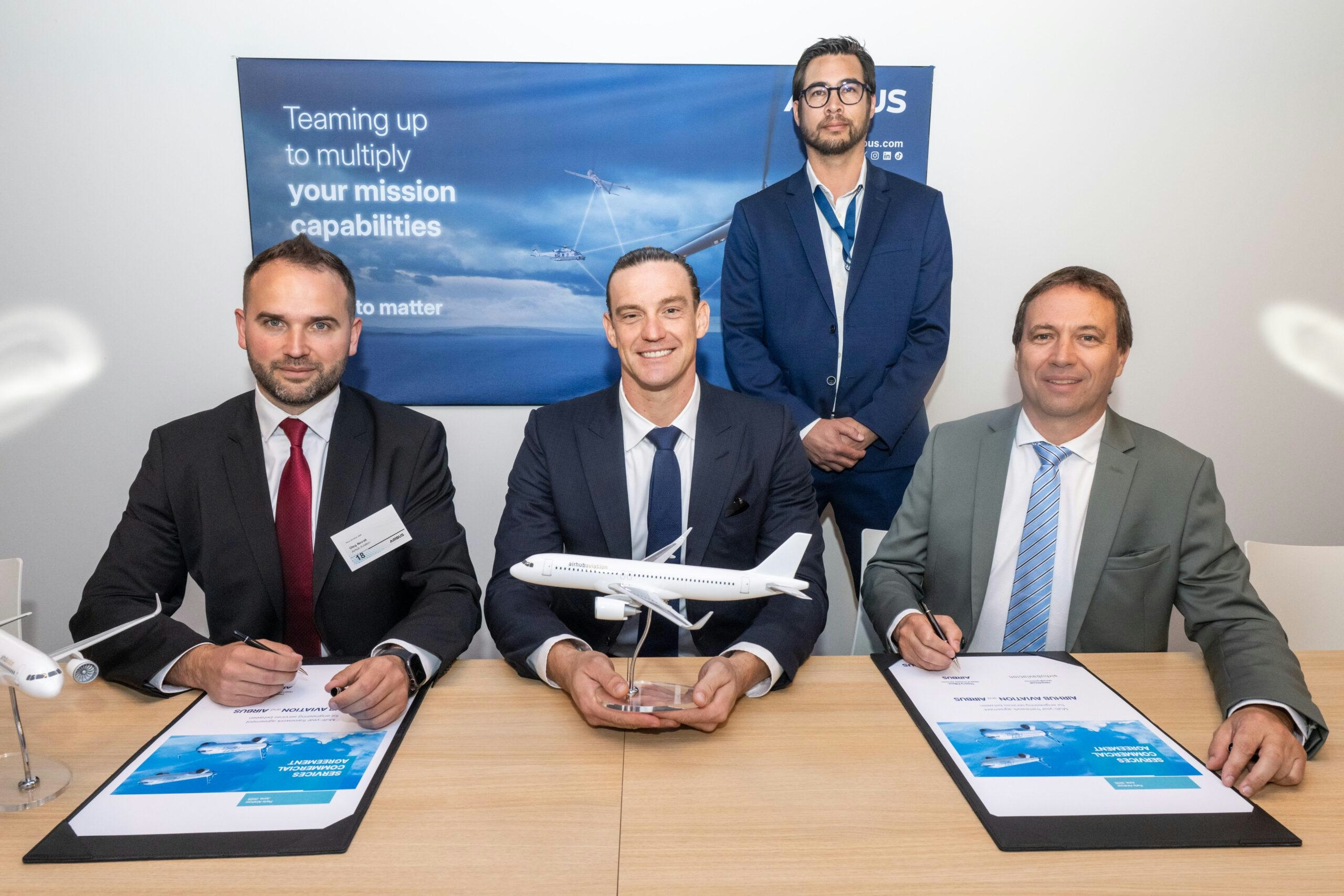
Airbus Signs New Agreement with Chinese Partner Amid Reports of Large Order
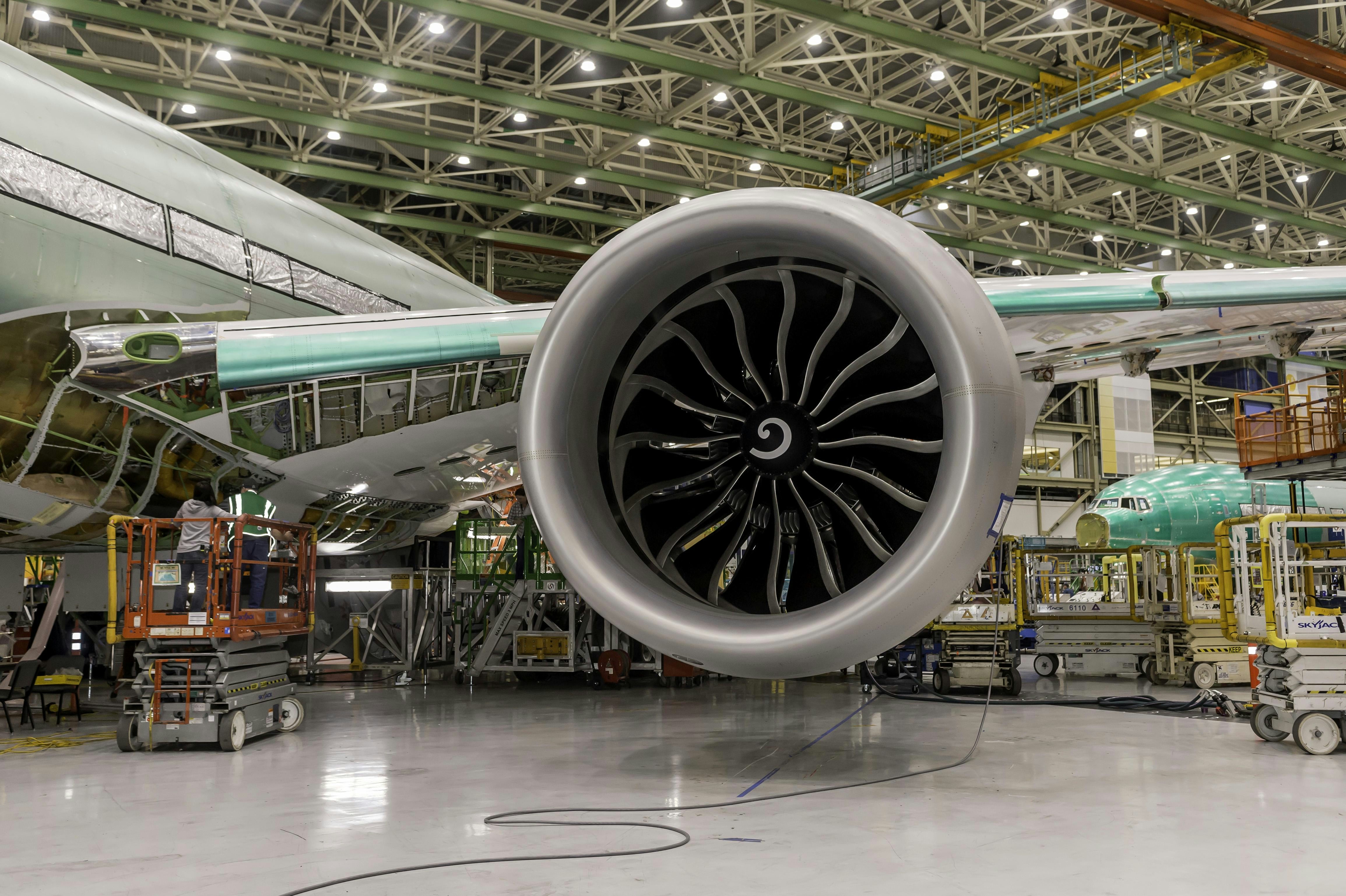
IATA Says Airlines Hesitant to Accept Aircraft Deliveries Amid Tariff Uncertainty
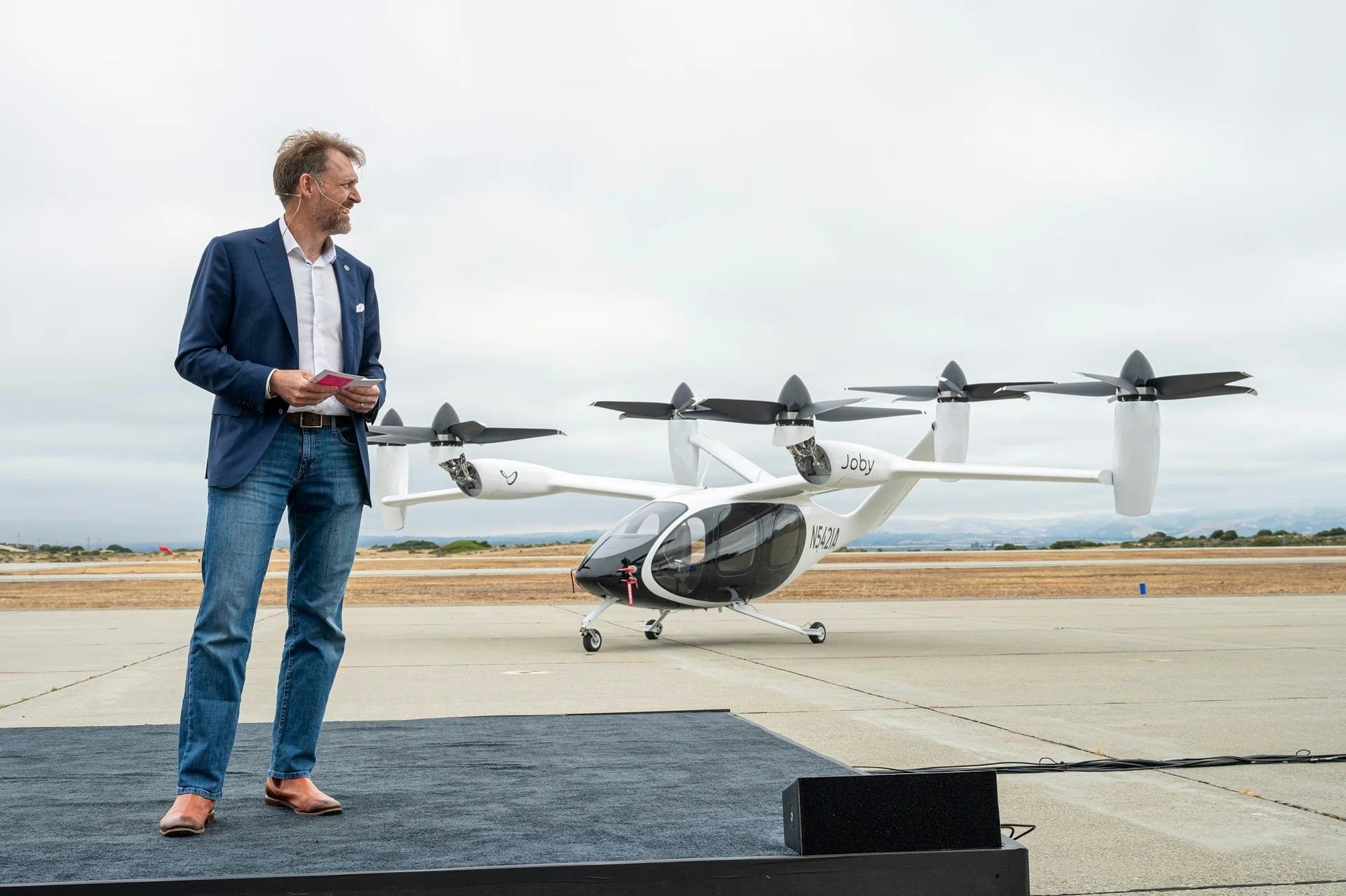
Flying Taxi CEO Regains Billionaire Status After Stock Surges 160%
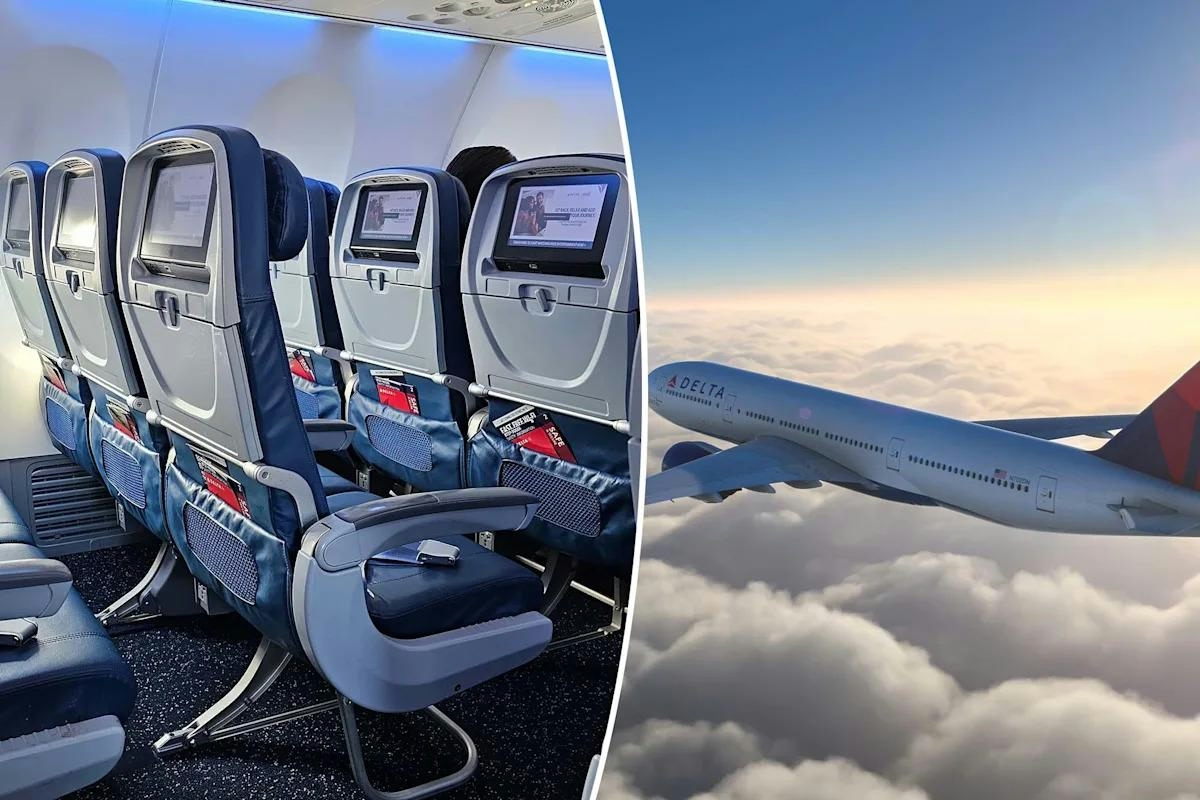
Delta to Use AI for Ticket Pricing
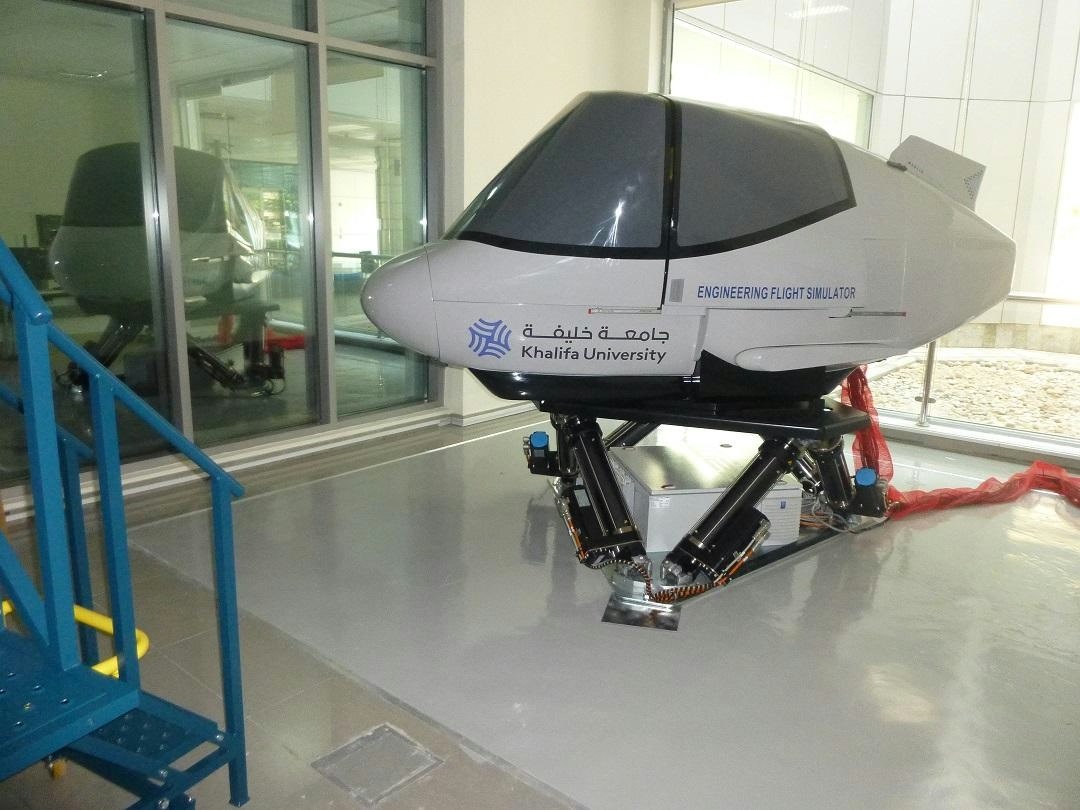
Khalifa University Students Drive Aerospace Innovation with Merlin MP521 Flight Simulator
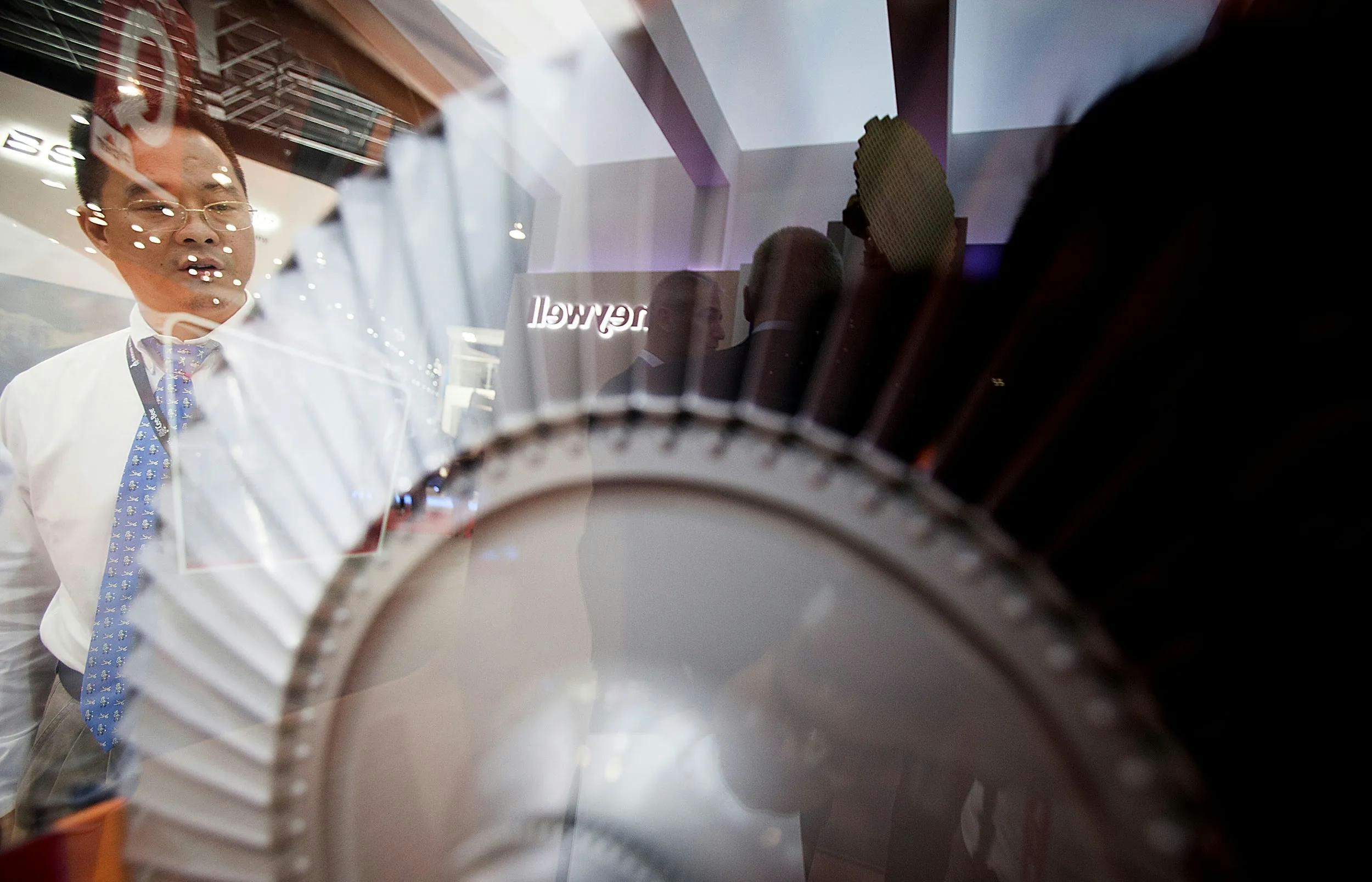
Woodward Stock Gains on AI Data Center and Aerospace Prospects
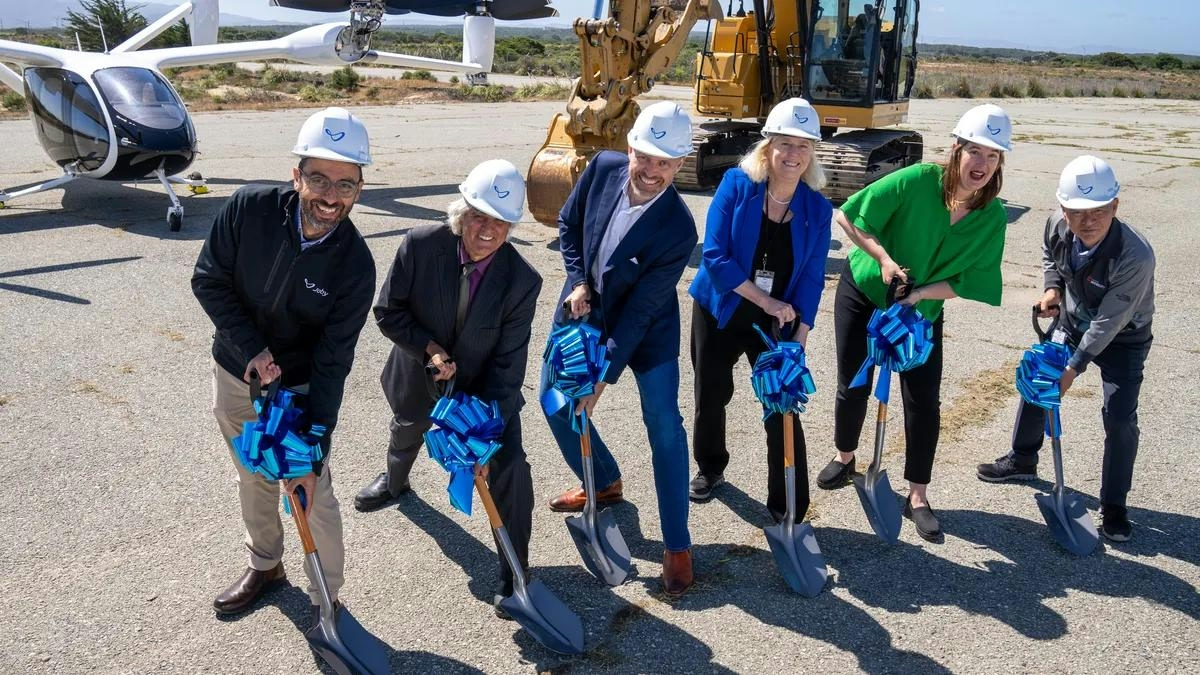
Joby Aviation to Double Production at Air Taxi Manufacturing Facility

Military Aircraft Maintenance Market Projected to Reach $145 Billion by 2034
